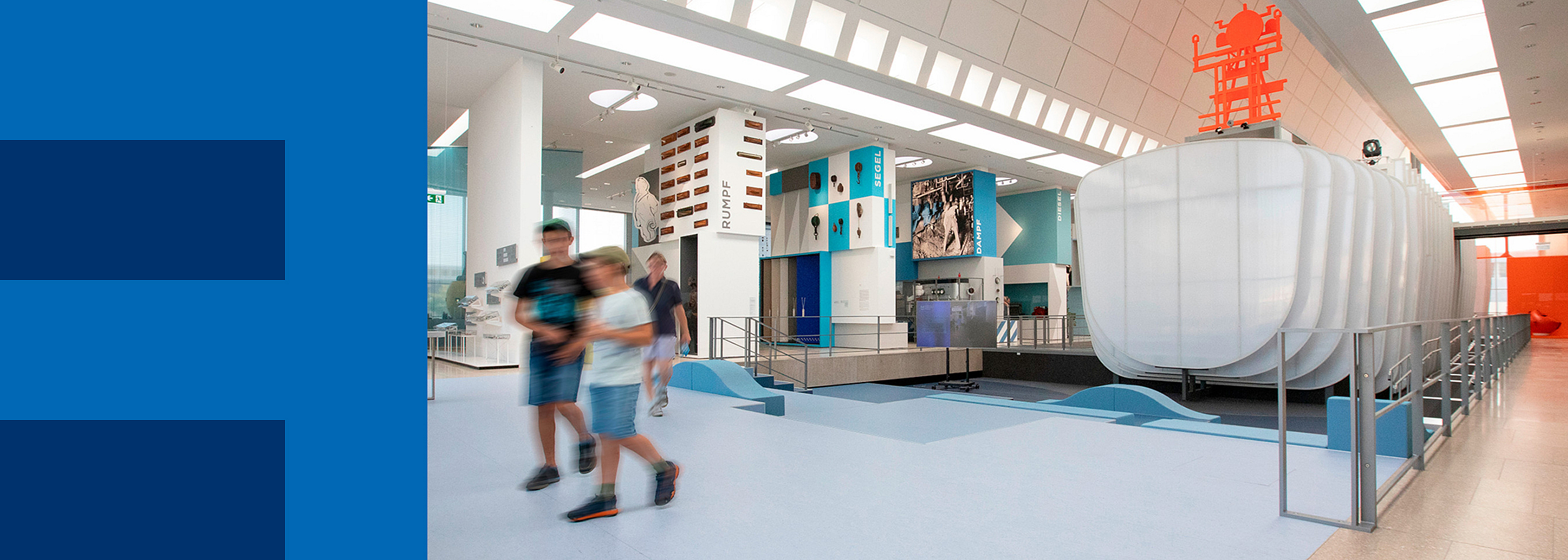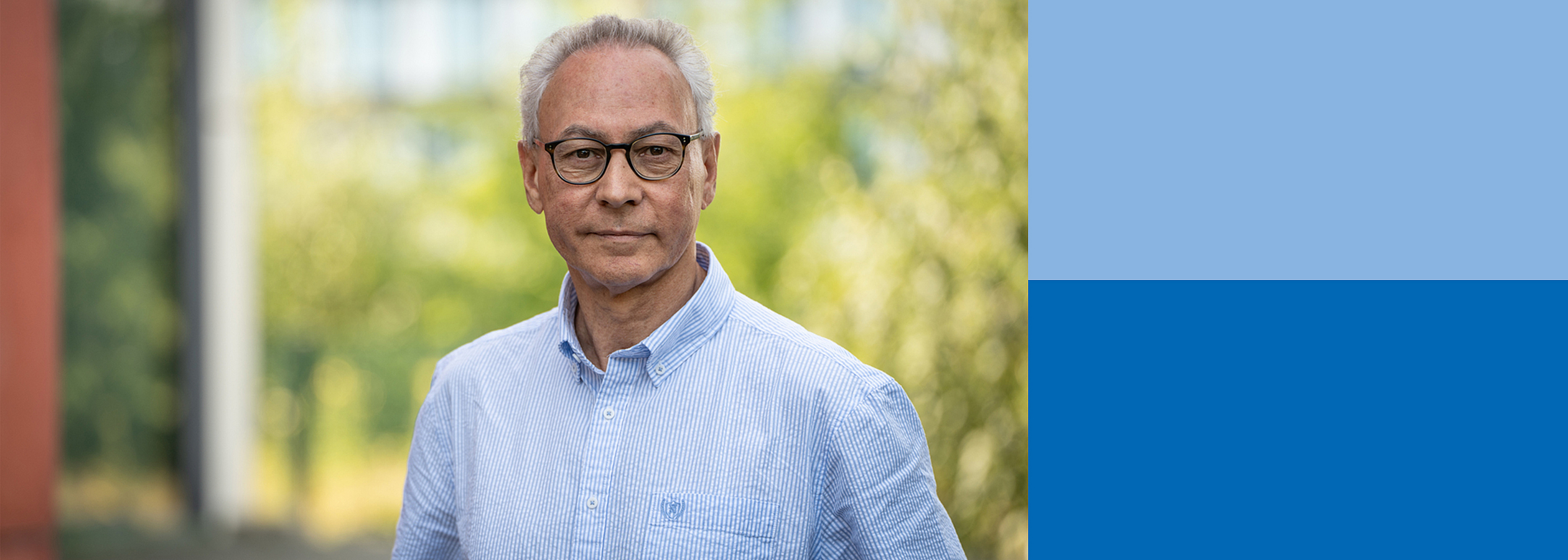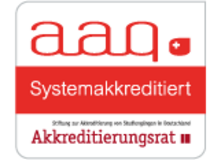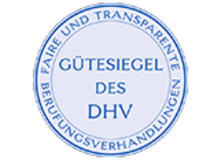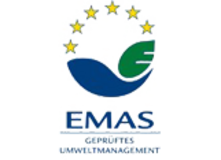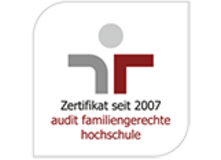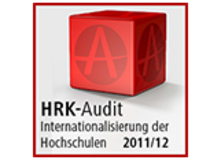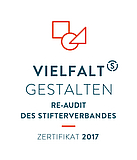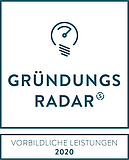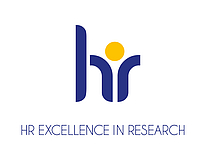During the process of digitalization, researchers yield large quantities of data – also known as “big data.” However, one can no longer handle such quantities using traditional analysis processes. The interdisciplinary field of data science allows us to gain new knowledge from these treasure chests of data. By means of connecting methodical aspects from mathematics and computer science with concrete fields of application in natural, engineering, health, and social sciences, as well as the humanities, datasets can be processed, analyzed, and visualized in a new quality. This requires statistical processes and methods taken from artificial intelligence and machine learning.
“Data Science Opens New Paths”
The newly established Data Science Center (DSC) was founded with the support of Bremen State. The DSC bundles, coordinates, and promotes data science competences within all faculties at the University of Bremen. The institute’s aim is to foster the broad application of future-oriented data science processes in all disciplines, to strengthen interdisciplinary collaboration, and to pass on data science skills. The DSC will bring researchers from all faculties at the University of Bremen together in order to enable to the development of new research questions at the interface between theory, methodology, and application. Moreover, already established methods and technologies will be transferred to new application contexts.
“Science thrives on innovative approaches and perspectives. Data science opens new paths.” Of that, computer science professor Rolf Drechsler is sure. He is the DSC spokesperson and head of the Cyber-Physical Systems research group at the German Research Center for Artificial Intelligence (DFKI). Thanks to the interdisciplinary alignment of the DSC, it will be possible to overcome silo mentality and initiate a collaborative process. The DSC is contributing to assuring and increasing quality in databased research and cooperative science at the University of Bremen in this way. Furthermore, the DSC is supporting the development of (advanced) education measures in order to work against the forecasted lack of specialist staff.
The decision to establish the DSC is also in alignment with Bremen State’s decision to expand data science, especially at the universities, and to establish data handling as a central field of science. Professor Bernd Scholz-Reiter, President of the University of Bremen, emphasizes: “For us the creation of a space for data science and research data management is an important prerequisite for sustainable, quality-assured, future-oriented, and thus excellent science.”
About DSC:
The Data Science Center (DSC) is an interdisciplinary institute that functions as an important hub for databased research and that promotes collaboration across disciplines at the University of Bremen. The DSC is built on the three pillars of research, qualification, and services, whereby close interdisciplinary joint work forms the foundation. Within the DSC, researchers from all faculties at the University of Bremen have the opportunity to network across disciplines and develop new research topics together in the context of data science. Moreover, the DSC offer methodical support when developing and implementing data science methods, such as machine learning, and also a high-performance IT infrastructure for the realization of processor-intensive data analyses in research and teaching. DSC members can apply for financial support for projects in the field of data science via a seed grant.
Further Information:
https://www.dsc-ub.de/en/index.php
Twitter: twitter.com/DSC_unibremen (@DSC_unibremen)
Contact:
Prof. Dr. Rolf Drechsler
Spokesperson
Data Science Center (DSC)
University of Bremen
Phone: +49 421 218-63932
Email: drechslerprotect me ?!uni-bremenprotect me ?!.de
Dr. Lena Steinmann
Coordinator
Data Science Center (DSC)
University of Bremen
Phone: +49 421 218-63941
Email: lena.steinmannprotect me ?!uni-bremenprotect me ?!.de


